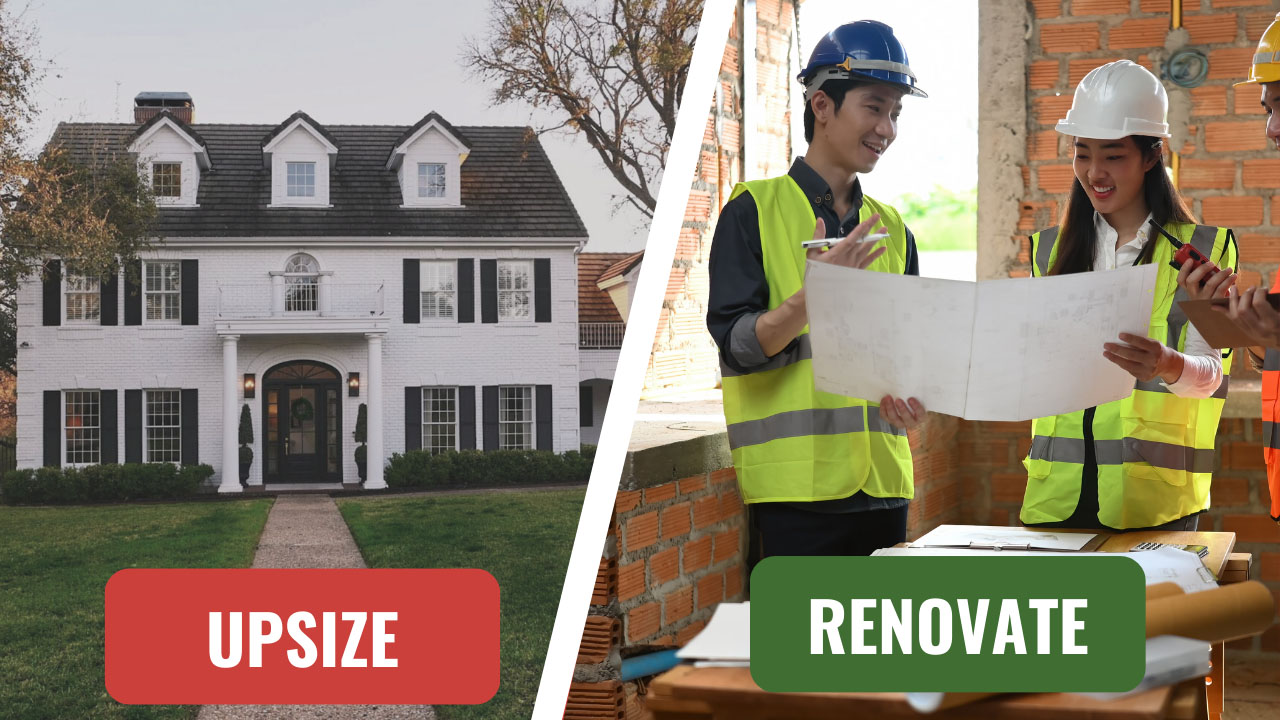 Buying a home is an exciting step and a powerful wealth building move, but the purchase price is only part of the financial picture. Many buyers focus on the down payment and monthly loan amount, then feel surprised by the ongoing costs that come with owning a home. Understanding these expenses ahead of time helps you buy with confidence and avoid unnecessary financial stress.
Buying a home is an exciting step and a powerful wealth building move, but the purchase price is only part of the financial picture. Many buyers focus on the down payment and monthly loan amount, then feel surprised by the ongoing costs that come with owning a home. Understanding these expenses ahead of time helps you buy with confidence and avoid unnecessary financial stress.
Your Monthly Mortgage Payment
For most homeowners, the mortgage payment is the largest recurring expense. This payment includes the principal balance and the interest charged for borrowing the funds. The amount depends on your loan size, interest rate, and loan term. Choosing a payment that fits comfortably within your budget is essential for long-term stability.
Property Taxes
Property taxes are an annual expense assessed on your home and can vary widely. Many homeowners pay these taxes monthly as part of their mortgage payment, with funds held in escrow and paid when due. It is important to account for this cost since property taxes can increase over time.
Homeowners Insurance Coverage
Most lenders require homeowners insurance to protect the property against unexpected damage or loss. Premiums are often paid monthly through escrow. Standard policies typically cover common risks, but some situations require additional coverage. Planning for this cost ensures your home and finances remain protected.
Homeowners Association Fees
Some properties are part of a Homeowners Association. These fees are typically charged monthly or quarterly and support shared amenities and community maintenance. Costs may cover landscaping, exterior upkeep, snow removal, or other services. These fees continue even after a mortgage is paid off and should always be included in your long-term budget.
Utilities and Services
Owning a home means covering ongoing utility costs. These often include electricity, water, gas, sewer services, trash removal, recycling, television, and internet. Utility expenses can fluctuate based on home size, usage, and seasonal demand, making it important to leave room for variability.
Maintenance and Repairs
Unlike renting, homeowners are responsible for repairs and upkeep. This includes items such as roofing, plumbing, electrical systems, heating and cooling systems, and appliances. Setting aside savings for routine maintenance and unexpected repairs can prevent financial strain when issues arise.
Plan, Budget, and Prepare
Knowing how much you can afford goes beyond loan approval. Factoring in ongoing ownership costs allows you to create a realistic budget and build savings for the future. A well prepared buyer is positioned to enjoy homeownership without sacrificing financial flexibility.
Homeownership is a rewarding goal when approached with clarity and planning. Understanding the full cost helps you make decisions that support both your lifestyle and long-term success.
 As life changes, your home needs can change as well. Growing families, new hobbies, remote work, or lifestyle shifts often create the question many homeowners eventually face. Should you move into a larger home, or should you stay where you are and renovate? The answer is not always simple, and the right choice depends on your finances, your long-term goals, and how well your current home can adapt. As real estate professionals, we help homeowners evaluate these choices so they can move forward confidently.
As life changes, your home needs can change as well. Growing families, new hobbies, remote work, or lifestyle shifts often create the question many homeowners eventually face. Should you move into a larger home, or should you stay where you are and renovate? The answer is not always simple, and the right choice depends on your finances, your long-term goals, and how well your current home can adapt. As real estate professionals, we help homeowners evaluate these choices so they can move forward confidently. Many homeowners are surprised when they receive their annual property tax bill and notice an increase that feels higher than expected. The good news is that you have the right to appeal your property tax assessment if you believe it does not reflect the true value of your home. Understanding the process can help you protect your budget and ensure that you are being taxed fairly.
Many homeowners are surprised when they receive their annual property tax bill and notice an increase that feels higher than expected. The good news is that you have the right to appeal your property tax assessment if you believe it does not reflect the true value of your home. Understanding the process can help you protect your budget and ensure that you are being taxed fairly. Today, we honor the brave men and women who have served our country with courage, strength, and selflessness. Your service allows us to enjoy the freedoms that make home and community possible.
Today, we honor the brave men and women who have served our country with courage, strength, and selflessness. Your service allows us to enjoy the freedoms that make home and community possible. A forever home is often imagined as the place you will live for decades. It is where families grow, memories are created, and life milestones are celebrated. For some people, this vision becomes reality. For others, the thought of staying in one place for life feels restrictive. Instead, they move every five to seven years, searching for new opportunities and experiences. So why do some homeowners stay forever while others are constantly on the move?
A forever home is often imagined as the place you will live for decades. It is where families grow, memories are created, and life milestones are celebrated. For some people, this vision becomes reality. For others, the thought of staying in one place for life feels restrictive. Instead, they move every five to seven years, searching for new opportunities and experiences. So why do some homeowners stay forever while others are constantly on the move? With rapid technological advancements and shifting societal norms, millennials find themselves facing a unique set of challenges and opportunities when it comes to securing a mortgage. The journey toward homeownership for this generation is a multifaceted one, influenced by factors ranging from soaring student loan debt to evolving housing preferences.
With rapid technological advancements and shifting societal norms, millennials find themselves facing a unique set of challenges and opportunities when it comes to securing a mortgage. The journey toward homeownership for this generation is a multifaceted one, influenced by factors ranging from soaring student loan debt to evolving housing preferences.